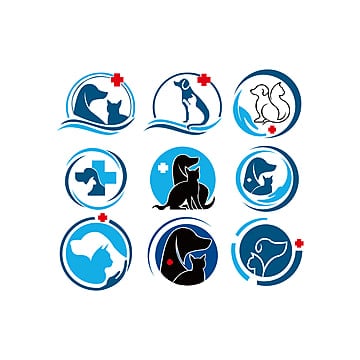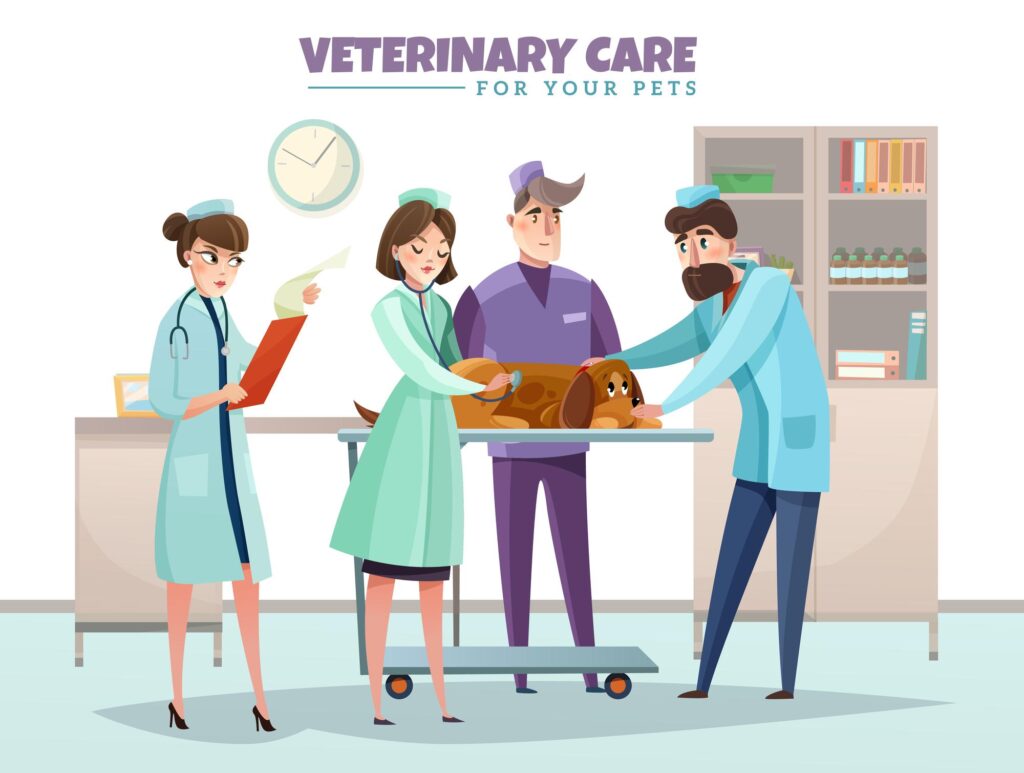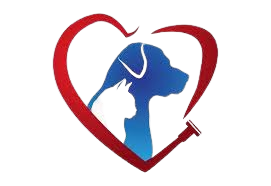
Bachelor of Veterinary Science
A comprehensive undergraduate curriculum, the Bachelor of Veterinary Science (BVSc) prepares students with the information and abilities needed for a career in veterinary medicine. Additionally, This degree program covers a wide range of disciplines, including anatomy, physiology, pharmacology, and pathology, with a concentration on the study of animal health, welfare, and disease prevention. In addition, the diagnosis, treatment, and management of a wide range of animal disorders—from minor pet ailments to complicated cattle diseases—are taught to students.
In order to give students the opportunity to obtain useful experience working with animals under the guidance of seasoned veterinarians, the curriculum usually combines academic coursework with practical, hands-on training in clinical settings. Moreover, Students gain critical thinking and problem-solving skills throughout the course, which are crucial for making wise judgments in the field. Howover, Graduates of the BVSc degree are well-prepared to work as veterinarians in government agencies, private offices, research facilities, or even positions pertaining to public health and animal welfare.
Additionally, the curriculum offers a solid basis for additional specialization or graduate work in fields including internal medicine, surgery, or wildlife conservation. Moreover, After earning their degree, students will have the knowledge and skills necessary to significantly improve the health and welfare of animals, benefiting both animal and human populations.
BVSc Courses
Bachelor of Veterinary Science (BVSc) is an undergraduate program focused on the study of veterinary medicine and animal care. Additionally, The course typically spans five years and is designed to equip students with the knowledge and skills necessary to diagnose, treat, and manage various animal health issues.
Key Components of BVSc Courses:
Core Subjects:
- Anatomy: Study of animal body structures.
- Physiology: Understanding the functioning of animal organs and systems.
- Biochemistry: Chemical processes within animals.
- Pharmacology: Study of drugs and their effects on animals.
- Pathology: Diagnosis of diseases through the study of tissues and organs.
- Microbiology: Study of microorganisms affecting animal health.
- Surgery: Surgical procedures and techniques for animals.
- Medicine: Treatment of animal diseases.
Clinical Training:
- Hands-on experience in treating animals.
- Practical exposure in clinics, hospitals, and farms.
- Diagnosis, treatment, and surgery under supervision.
Elective Subjects:
- Specialized courses in areas like wildlife medicine, equine medicine, or animal genetics.
Internship:
- Compulsory internship during the final year.
- Real-world experience in various veterinary settings.
Examinations and Assessments:
- Regular assessments through written exams, practical tests, and viva voice.
Eligibility Criteria:
- Completion of 10+2 education with Physics, Chemistry, and Biology as main subjects.
- Entrance exams may be required for admission in some universities.
Career Opportunities After BVSc
- Veterinarian: Working in animal hospitals or clinics.
- Animal Surgeon: Specializing in surgical treatments.
- Veterinary Research: Engaging in research related to animal health.
- Livestock Development Officer: Managing livestock health and productivity.
- Wildlife Conservationist: Working with wildlife in natural habitats.
- Pharmaceutical Industry: Developing and testing veterinary drugs.
Further Studies:
- Master of Veterinary Science (MVSc): Specialization in a specific field of veterinary medicine.
- Ph.D. in Veterinary Science: Research-oriented career in veterinary science.
BVSc is a promising course for those passionate about animal health and welfare, offering a wide range of career paths in both public and private sectors.
BVSc Entrance Exam Details
The Bachelor of Veterinary Science (BVSc) entrance exams in India are conducted to admit students into veterinary science programs across various colleges and universities. Here are some key details:
Eligibility Criteria
- Educational Qualification: Candidates must have completed 10+2 or equivalent with Physics, Chemistry, Biology, and English as compulsory subjects.
- Minimum Marks: Typically, candidates should have scored at least 50% in the qualifying exam (45% for reserved categories).
- Age Limit: Candidates must be between 17 to 25 years of age at the time of admission. Relaxation of 5 years is generally provided for reserved categories.
Entrance Exams
- NEET-UG: The National Eligibility cum Entrance Test (NEET) is the primary exam for BVSc admissions in many states. It is conducted by the National Testing Agency (NTA) and includes questions from Physics, Chemistry, and Biology.
- State-Level Exams: Some states conduct their entrance exams or use their own merit list for admission to BVSc programs. Examples include the Kerala Engineering Agricultural Medical (KEAM) exam and the Rajasthan Pre-Veterinary Test (RPVT).
- University-Level Exams: Certain universities may have their entrance exams. For example, the Indian Council of Agricultural Research (ICAR) conducts an All India Entrance Examination for Admission (AIEEA) for BVSc.
Exam Pattern
- Subjects: The exam usually includes questions from Physics, Chemistry, and Biology (Zoology and Botany).
- Type of Questions: Multiple Choice Questions (MCQs).
- Duration: Typically 3 hours.
- Marking Scheme: Generally, +4 for each correct answer and -1 for each incorrect answer (varies with exams).
BVSc Admissions
Counselling and Admission
- Counseling Process: After the results, a counseling process is conducted where candidates are allotted seats based on their rank, preference, and availability.
- Document Verification: Candidates need to verify their documents during counseling.
Important Dates
- Application Start Date: Typically in January-February.
- Exam Date: NEET-UG usually occurs in May, while state and university exams vary.
- Result Declaration: Generally within a month after the exam.
- Counseling: Usually begins after results are declared.
BVSc (Bachelor of Veterinary Science) is an undergraduate program designed for students interested in animal care, health, and treatment. Here’s an overview of the BVSc admissions process:
Application Process
- Online Application: Most institutions accept online applications through their official websites. Candidates need to fill out the application form, upload required documents, and pay the application fee.
- Documents Required:
- 10th and 12th mark sheets
- Birth certificate or proof of age
- Caste certificate (if applicable)
- Entrance exam scorecard
- Passport-sized photographs
Selection Process
- Merit List: Based on the entrance exam scores, institutions release a merit list.
- Counseling: Shortlisted candidates are called for counseling, where they can select their preferred college based on their rank.
- Seat Allotment: Seats are allotted during counseling, and candidates must confirm their admission by paying the required fees.
Duration and Curriculum
- The BVSc program typically lasts for 5.5 years, including a mandatory one-year internship.
- The curriculum covers subjects such as Animal Nutrition, Veterinary Anatomy, Animal Physiology, Veterinary Pharmacology, and more.
Important Dates
- Keep track of application deadlines, entrance exam dates, and counseling schedules, which vary by institution.
If you are interested in applying for BVSc, make sure to regularly check the official websites of the institutions you are interested in for specific details and updates.



